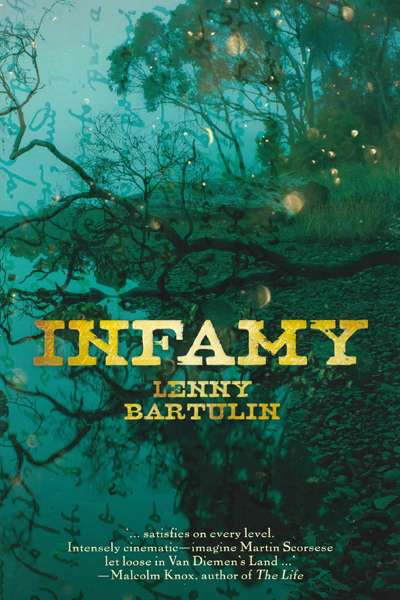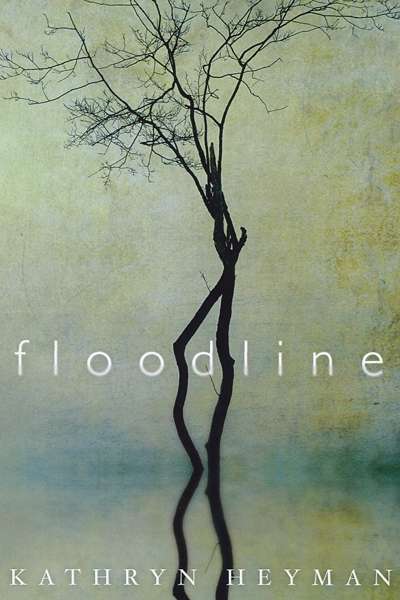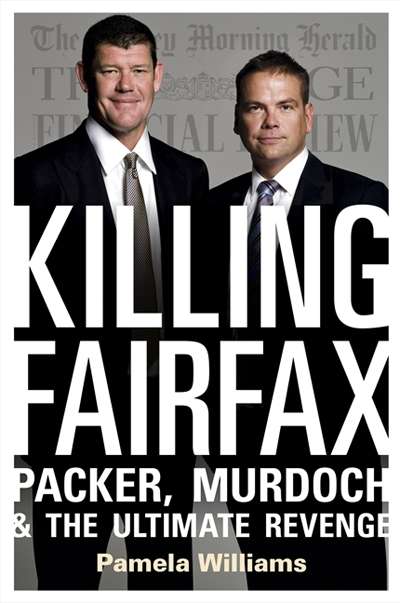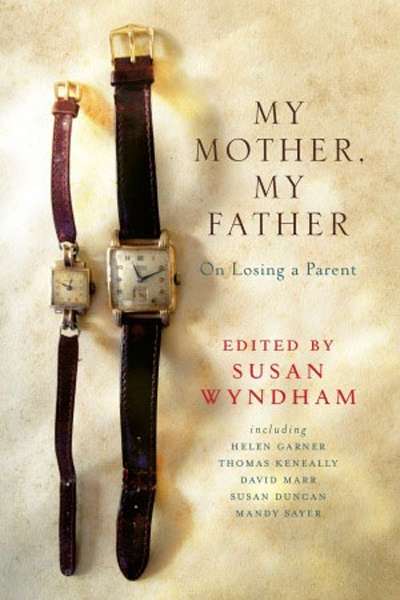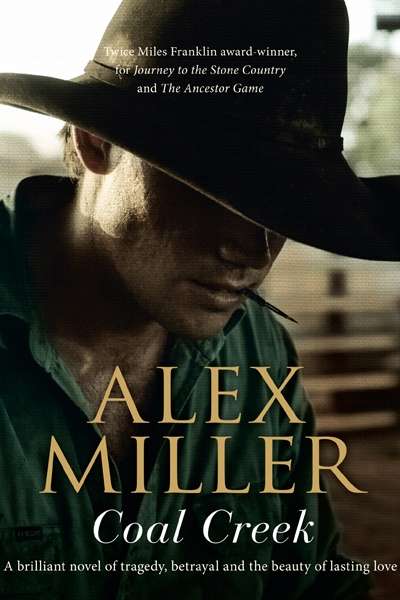Allen & Unwin
Film | Theatre | Art | Opera | Music | Television | Festivals
Welcome to ABR Arts, home to some of Australia's best arts journalism. We review film, theatre, opera, music, television, art exhibitions – and more. To read ABR Arts articles in full, subscribe to ABR or take out an ABR Arts subscription. Both packages give full access to our arts reviews the moment they are published online and to our extensive arts archive.
Meanwhile, the ABR Arts e-newsletter, published every second Tuesday, will keep you up-to-date as to our recent arts reviews.
Recent reviews
Rules of Summer by Shaun Tan & Kissed by the Moon by Alison Lester
by Margaret Robson Kett •
The Baby Farmers: A Chilling Tale of Missing Babies, Shameful Secrets and Murder in 19th Century Australia by Annie Cossins
by Jay Daniel Thompson •
Killing Fairfax by Pamela Williams & Rupert Murdoch by David McKnight
by Jan McGuinness •

